Stakeholders have proposed an amendment to the Persons with Disability Act, 2006 (Act 715) to enhance inclusivity and equal opportunities for all citizens.
Speaking at a forum on the existing Act, the Executive Director of CEPIL, Mr. Augustine Niber, emphasized the importance of strengthening legal frameworks to better protect the rights and well-being of persons with disabilities.
The event, held at Fiesta Royale Hotel on Thursday, March 27, brought together key stakeholders to discuss necessary reforms to the legislation.
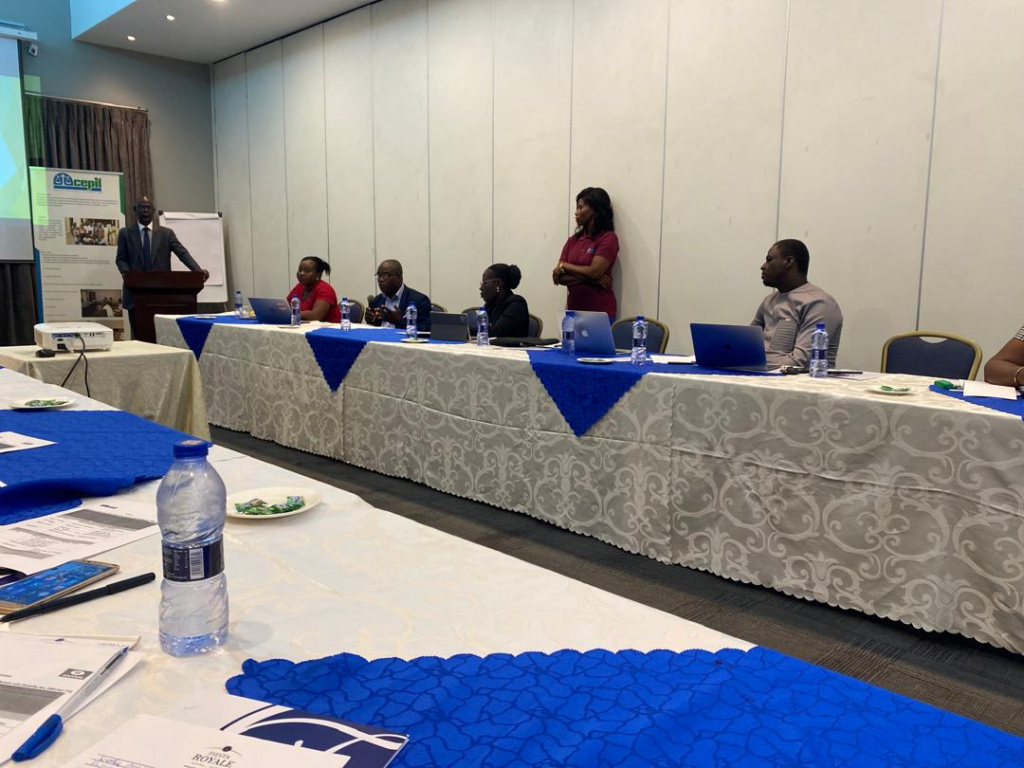
“We gather today to discuss the rights of persons with disabilities and the legal frameworks that govern their well-being,” Mr. Niber began
He stressed that disability is not a distant or isolated issue “anyone can experience it at some point in life,” he said.
However, Mr. Niber pointed out that despite the universal nature of disability, individuals living with disabilities often face significant barriers in society, ranging from physical accessibility challenges to social exclusion.
The forum aimed to explore ways to enhance legal protections, improve accessibility, and ultimately foster a more inclusive society.
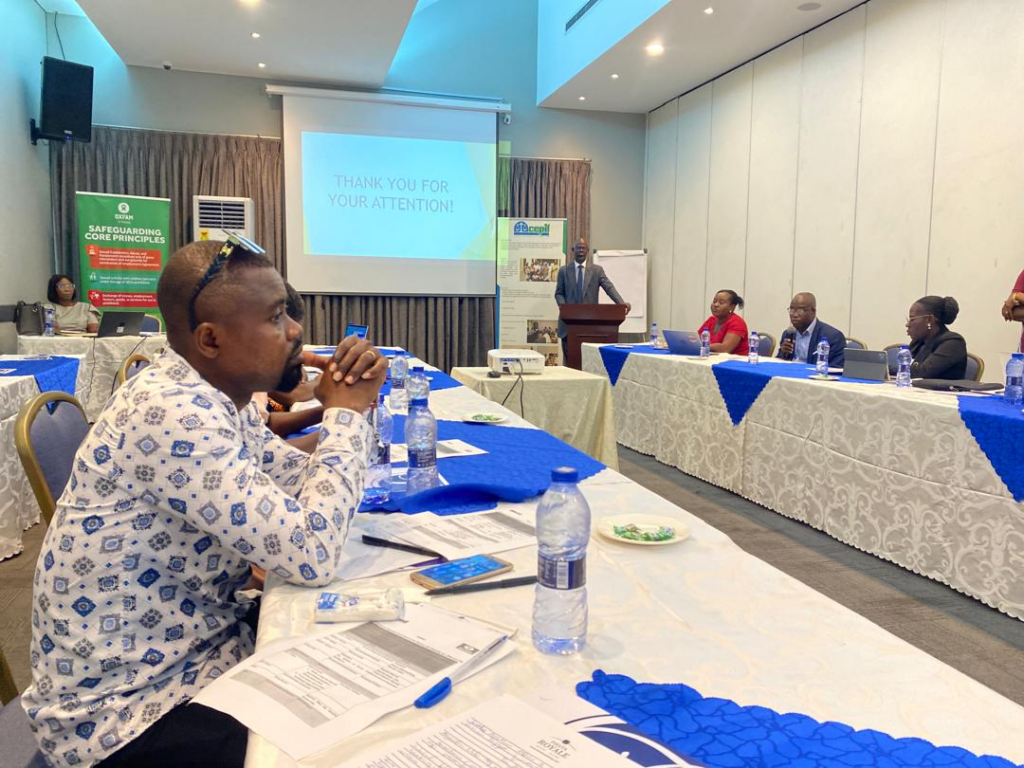
“Our discussion today will explore how we can enhance legal protections, promote accessibility, and foster an inclusive society where everyone can thrive without restrictions,” he added.
The proposed amendments to the Persons with Disability Act are seen as a crucial step in ensuring that the rights of persons with disabilities are fully recognised and upheld.
Participants at the forum, including advocates, legal experts, and individuals with disabilities, discussed how the current legal framework may fall short in addressing the evolving needs of people with disabilities, especially in the areas of education, employment, and public infrastructure.
Participants of the forum were taken through a session where key highlights of the Persons with Disability Act were presented.
A lawyer with the Centre for Public Interest Law, Alhassan Iddrisu highlighted the importance of understanding the gaps within the existing law.
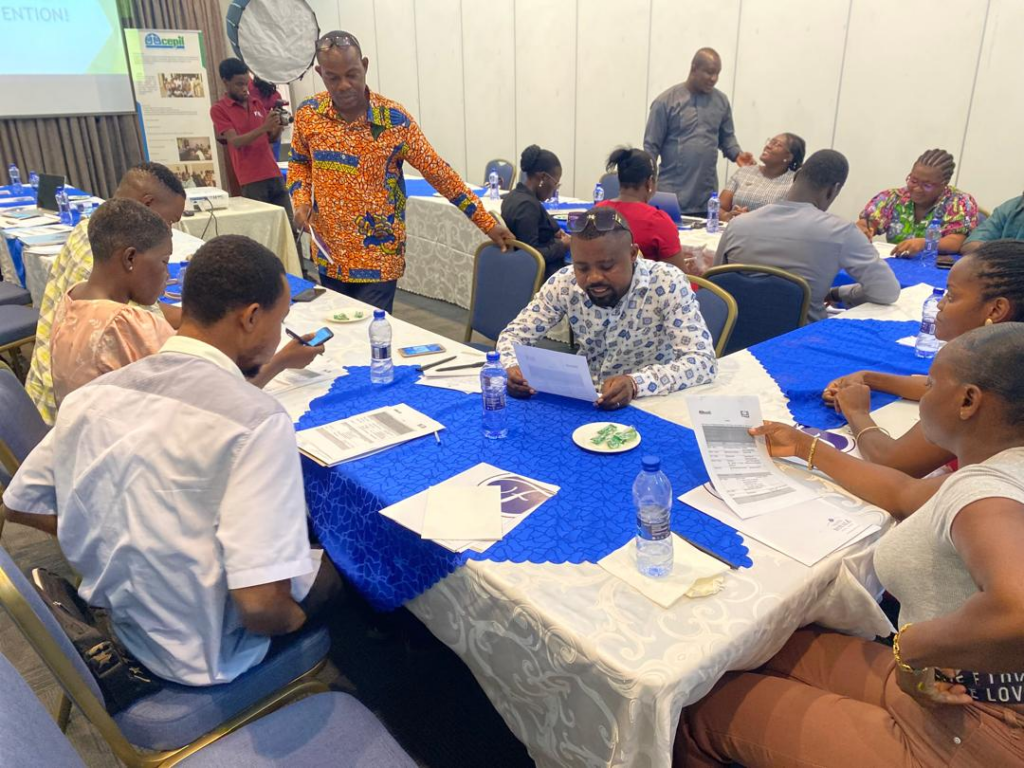
“We have been working on the Persons with Disability Act of 2006, and we are very conversant with the gaps in it,” he explained. “We’ve looked at the current proposed amendment, and to a greater extent, it captures what we wanted to see in the new act.”
However, Mr. Iddrisu emphasised that the process was ongoing and that critical issues had been raised during the forum that still needed to be addressed.
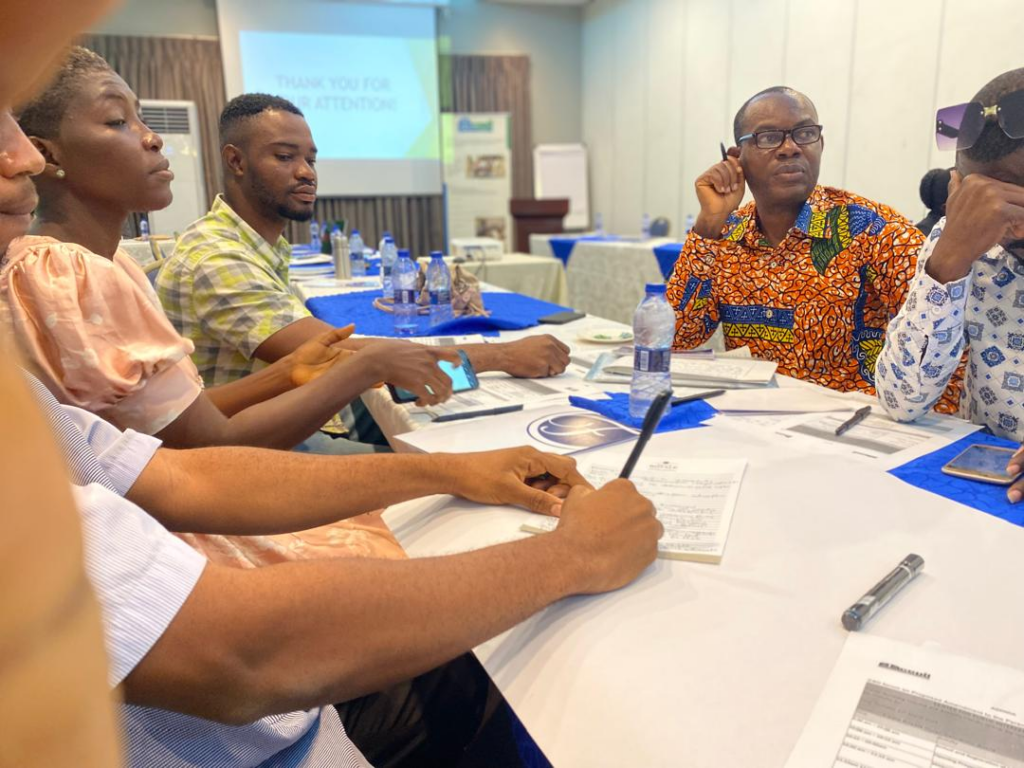
“But I must say that the gate is not closed yet,” he added. “There are critical issues that have come out from today’s session that will be put together in a memorandum to the Minister of Gender, Children, and Social Protection, who is sponsoring the bill, before it gets to Cabinet and then to Parliament for their consideration.”
One of the key points discussed at the forum was the need for stronger representation for persons with disabilities at the national level.
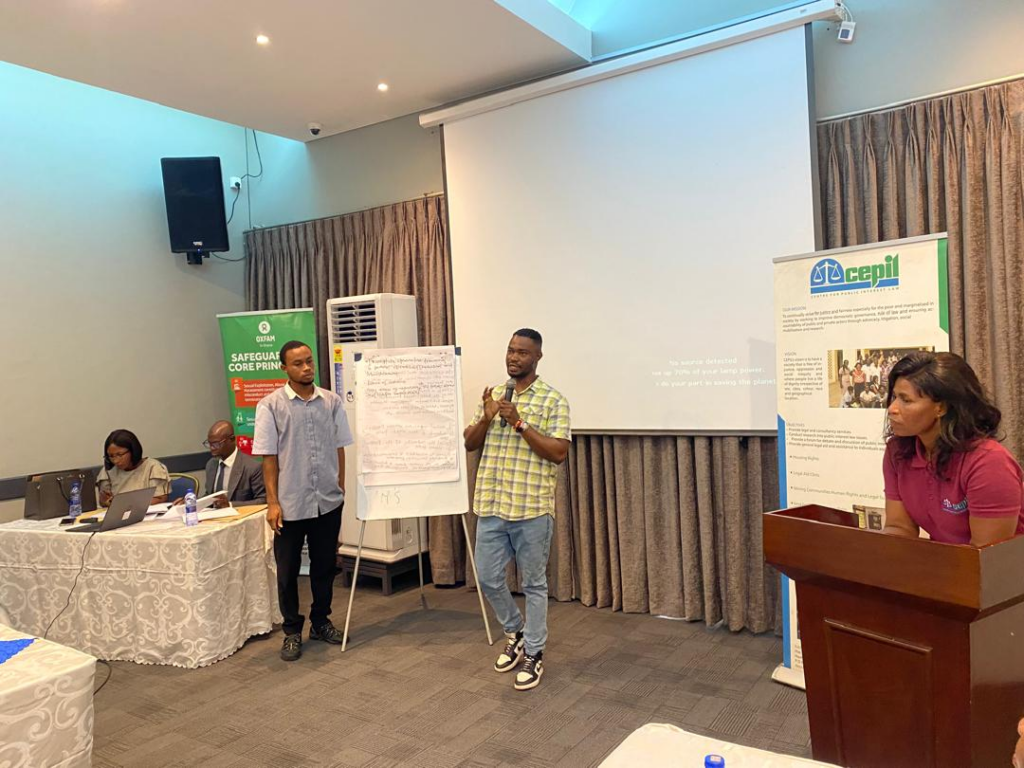
Mr. Iddrisu proposed that the Constitutional Review Commission should consider establishing a quota system for persons with disabilities, ensuring their automatic representation in national decision-making processes.
“We could make a submission to the Constitutional Review Commission to consider making a provision that creates a certain quota for persons with disability,” he said. “This would at least guarantee that there is some representation for them at the national level.”